Colorado Springs dog owners might be relieved to know that cases of the mysterious respiratory illness that hit the region last fall are in decline since the beginning of 2024.
According to veterinary researchers with Colorado State University, the respiratory illness that hit canine populations in Colorado and around the country have fallen since December. With no clear causes yet discovered, Colorado Springs care providers are still urging caution for pet owners as the disease spike is still not understood.
Cathy Yelton, staff manager and senior veterinarian technician at North Springs Veterinary Referral Center, said that the animal hospital was "overwhelmed" at the amount of cases that came in from dogs sick with the mystery illness last fall.
She said that at one point in late November 2023 the center had seven serious respiratory cases at once, not all of whom survived.
"It was a big peak happening that year that we were very unprepared for," she said.
Respiratory illness in dogs, classified under a set of symptoms as canine infectious respiratory disease complex (CIRDC) or "kennel cough," is a common occurrence with yearly ebbs and flows according to CSU's James L. Voss Veterinary Teaching Hospital. What made 2023's late summer outbreak unexpectedly worse was the number and severity of cases, according to Dr. Michael Lappin, an internal medicine veterinarian at CSU.
"In recent months, cases are being diagnosed more frequently and the course of disease is different than usual, surprising both pet owners and veterinary health care providers," he said in a CSU press release in December.
CSU saw twice as many cases of canine pneumonia across the state last year over the same period in 2022. Other states including Oregon, California, Florida and New Hampshire also saw spikes in cases.

Evan Ridgway and his Great Dane Todd cross Bear Creek at Bear Creek Dog Park in December of 2023.
For North Springs VRC, what made this outbreak frightening was not only the number of cases, but the fact that many resisted traditional treatments like antibiotics, said North Springs VRC owner and veterinarian Dr. Lindsey Ganzer. Sick dogs, especially those with pre-existing medical issues, declined rapidly.
The new illness was characterized by prolonged cough and the occasional development of difficult-to-treat secondary pneumonia according to the American Veterinarian Medical Association.
Mirroring in some ways policies implemented for humans after the outbreak of COVID-19, veterinarians and researchers urged the public to keep their dogs isolated to stop the spread of disease, resulting in empty kennels, doggy daycares and dog parks in the city.
Cases peaked in late November, Yelton said, and have so far been on the decline for the hospital. Nationwide cases also peaked in late 2023, with over a dozen states reporting cases.
Researchers with CSU, Louisiana State University, and the Veterinary Diagnostic Laboratory have been collecting samples to try to determine the cause, with no definitive results.
Several theories are making the rounds in the veterinary community about the outbreak's cause. A usual year's CIRDC can be caused by several identified viruses and bacteria, said Dr. Lappin. With samples coming in from dogs already presenting with late-stage symptoms and treatments, the virus or bacteria responsible for 2023's illness may already be undetectable, the AVMA said.
A possibility the AVMA calls "highly unlikely" is the existence of a novel virus or bacteria. A research laboratory in New Hampshire has published findings that the cause could be a novel bacterium that recently became disease-causing. The bacterium's genome was sequenced out of 70 dogs in the northeast from 2022 to 2023. Whether this new bacterium is responsible for the respiratory illness is still unknown, however.
CSU's laboratory is still collecting samples through February and plans to announce results in the future.
Without a clear reason for the outbreak, Yelton said that North Springs VRC was still worried about the possibility of the novel disease sprouting back up, especially if a new outbreak follows seasonal patterns.


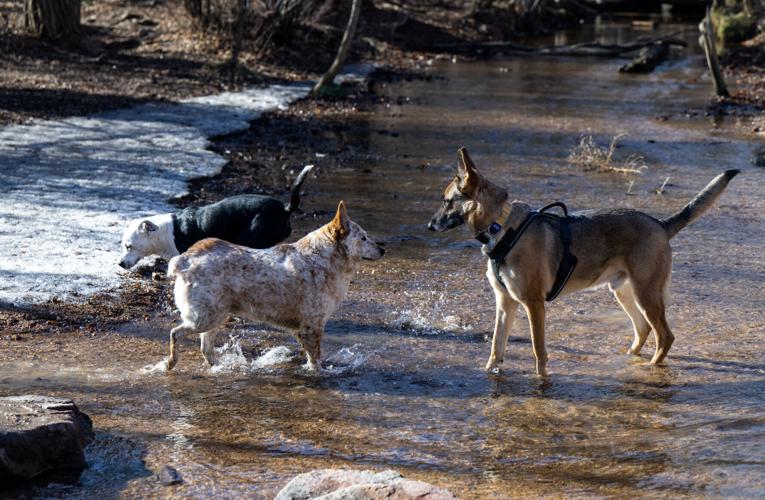
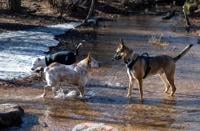
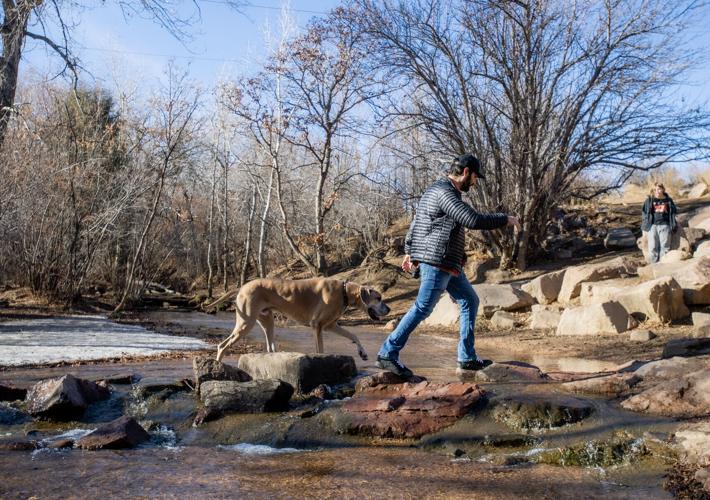
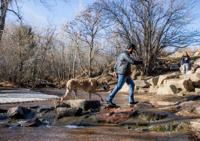
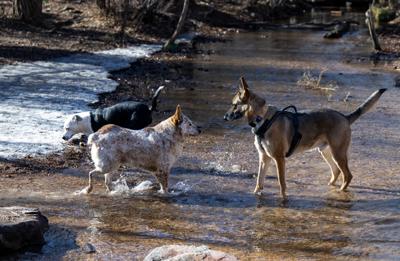






 Your Privacy Choices
Your Privacy Choices